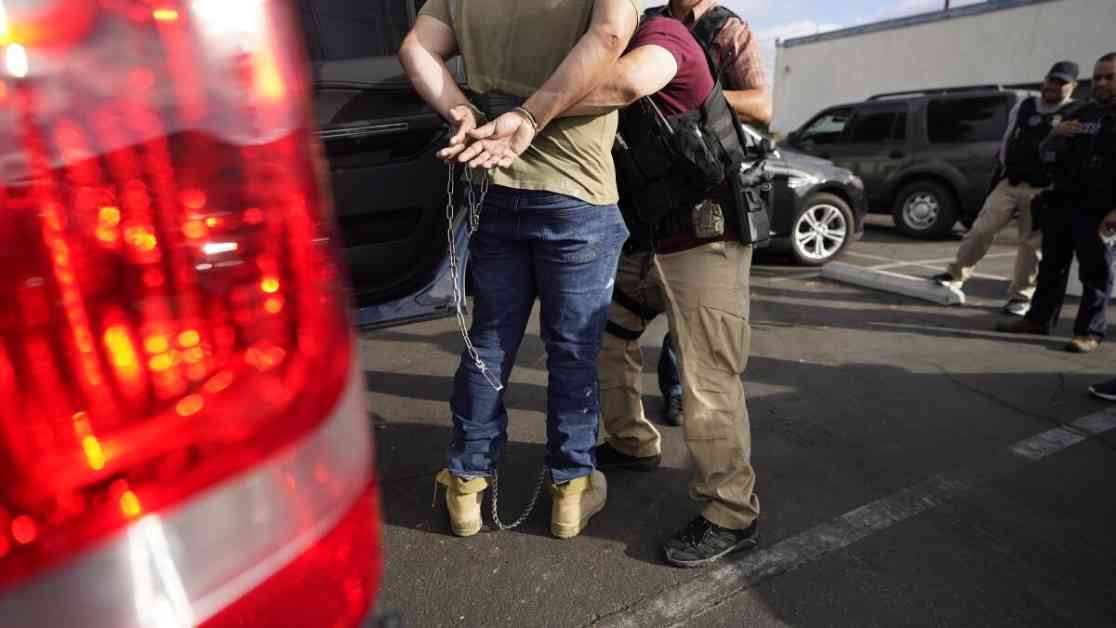California’s Response to Trump’s Mass Deportations: Addressing the Key Gaps
President Trump’s recent declaration to target migrants for mass deportation has sparked a wave of concern and urgency in California. In response, Governor Gavin Newsom proposed an “immigrant support network” and allocated a $25-million fund for the state’s legal defense. While these initiatives are commendable, they may not be sufficient to address the looming threat of mass deportations.
The Crux of the Issue: Public Defenders as the First Line of Defense
The heart of the matter lies in the critical role that public defenders play in preventing mass deportations. The majority of deportation cases originate when a noncitizen interacts with law enforcement, often during routine encounters like traffic stops or minor arrests. Even if no charges are pressed, a simple detention can spiral into deportation proceedings. This is where early access to a public defender becomes crucial, as they are equipped to navigate the complex legal landscape and provide vital support to individuals at risk.
California’s Public Defense Crisis: A Looming Shortage of Legal Services
However, California’s public defense system is facing a crisis due to inadequate funding at the county level. The state is grappling with a shortage of public defenders, who are already burdened with overwhelming caseloads and limited resources. Moreover, many public defender offices lack immigration specialists, further exacerbating the issue. With an estimated 1.8 million undocumented individuals in California, the scarcity of legal services is a pressing concern that needs to be addressed urgently.
Proposed Solutions: Strengthening Public Defense Infrastructure
To bolster the state’s defense against mass deportations, officials must prioritize funding for public defenders, especially those with immigration expertise. Counties like San Diego and San Francisco serve as exemplary models with specialized public defender units focused on immigration. By leveraging the resources of the Office of the State Public Defender’s Indigent Defense Improvement Division, California can establish standards for immigration defense programs, allocate grants to compliant counties, and monitor the effectiveness of their efforts.
Legislative Action: Ensuring Early Access to Counsel
Additionally, the Legislature should emulate states like Arizona and Florida by mandating that individuals have access to an attorney within 24 hours of an arrest. Early legal representation not only safeguards against unjust deportations but also enhances public safety, reduces incarceration rates, and saves counties substantial costs in the long run. While past bills proposing this measure have faltered, it is imperative that lawmakers prioritize this crucial reform to protect vulnerable Californians.
Investing in the First Line of Defense: A Call to Action
Before allocating funds to other agencies or initiatives, Governor Newsom and state lawmakers must prioritize strengthening the public defense infrastructure to safeguard California’s immigrant communities. Prompt, effective, and robust legal representation is the need of the hour for those most at risk of removal. By fortifying the state’s legal defense mechanisms, California can uphold its commitment to justice and protect vulnerable populations from the looming threat of mass deportations.

